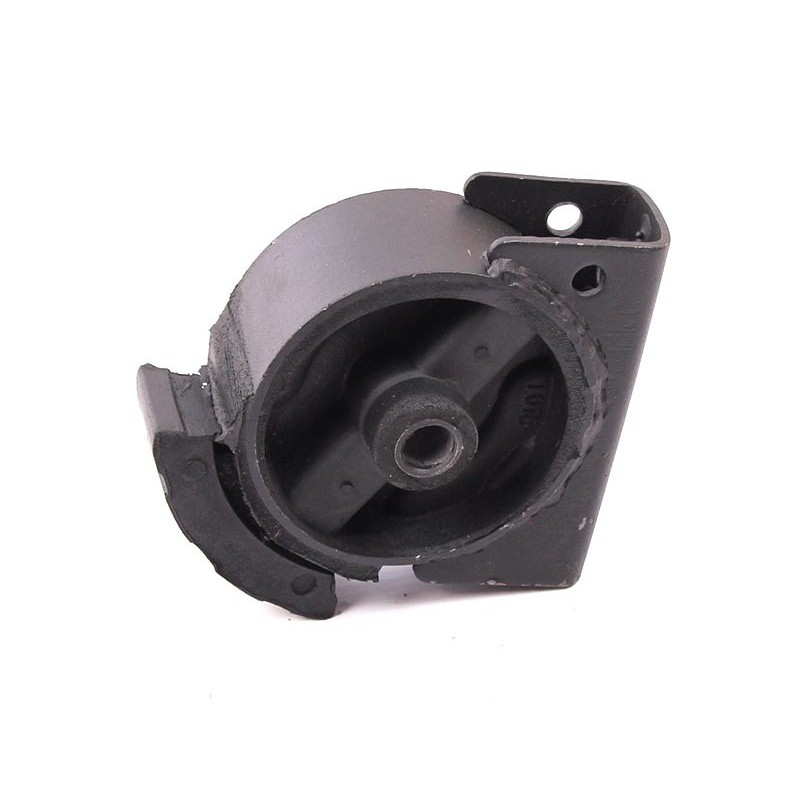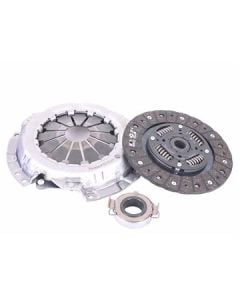Drive with Confidence: Toyota Tazz Engine for Sale, Genuine Components Just
Engine Buying Professional Tips on Choosing the Right Engine for Your Certain Demands
Picking the appropriate engine for your details needs involves a complicated interplay of aspects that surpass plain horsepower figures. From power outcome to fuel efficiency, the decision-making process can be daunting. Comprehending the subtleties of engine kinds, dimensions, and their compatibility with your car is important. There are experienced pointers that can help navigate this surface with self-confidence. By delving into the intricacies of power versus efficiency, evaluating fuel rankings, and budgeting for long-term prices, one can genuinely enhance their engine selection.
Power Vs. Efficiency: Locating the Balance

When selecting an engine, it is vital to strike a balance in between power and effectiveness to meet your specific requirements effectively. Power describes the engine's capacity to create energy for propulsion, establishing variables like acceleration, towing ability, and overall performance (Toyota Tazz Engine For Sale). On the various other hand, effectiveness associates with how well the engine uses gas to generate power, affecting factors such as gas economy and environmental friendliness
Accomplishing the ideal balance in between power and efficiency is crucial due to the fact that an engine that is too effective might consume too much fuel, causing greater operating prices and unnecessary strain on the setting. Conversely, an engine that focuses on efficiency over power may cause slow efficiency, especially sought after situations like pulling heavy lots or driving uphill.
To make an educated decision, think about factors such as your normal driving problems, the intended use the vehicle, and your personal choices. By reviewing your priorities and demands, you can pick an engine that strikes the best balance between power and efficiency, guaranteeing optimum efficiency while reducing ecological influence and operating expense.
Comprehending Engine Dimension and Kind

In addition, engine kind plays a crucial role in identifying the performance qualities of an engine. Typical engine types include inline engines, V engines, and rotary engines, each with its special benefits and downsides. The engine kind influences factors such as the engine's size, weight distribution, and power shipment. Comprehending the interplay between engine size and kind is essential in selecting an engine that straightens with your specific needs and top priorities, whether it be power, effectiveness, or an equilibrium of both.
Consider Your Car's Needs
If you are looking for an engine for a durable vehicle that will be utilized for towing, you will certainly require a powerful engine with high torque abilities. On the various other hand, if you are picking an engine for a portable vehicle mainly made use of for city travelling, gas efficiency may be a more important variable to consider.

Reviewing Gas Performance Ratings
Analyzing gas performance ratings is an important aspect of choosing the right engine for your automobile, guaranteeing expense financial savings and environmental sustainability. Gas efficiency rankings, commonly measured in miles per gallon (MPG) for fuel engines or kilowatt-hours per 100 miles (kWh/100 miles) for electrical engines, indicate just how far a car can travel on a particular quantity of fuel or electrical energy. Greater MPG or reduced kWh/100 miles worths signify much more efficient engines, equating to minimized fuel expenses and reduced carbon discharges.
When evaluating gas effectiveness scores, consider your driving demands and behaviors. If you commute long ranges daily, a very fuel-efficient engine can cause significant cost savings gradually. Furthermore, contrast various engine alternatives within the same car course to recognize the most affordable selection. Elements such as engine dimension, weight, the rules of aerodynamics, and crossbreed or electrical capacities can all affect gas performance.
Budgeting for Long-Term Costs
Purposefully preparing for long-term expenditures is necessary when choosing an engine, making certain economic sustainability over the car's life expectancy. While the first purchase cost of an engine is a substantial factor, it is vital to think about the long-term costs associated with maintenance, repairs, and fuel intake. resource Selecting a more fuel-efficient engine might have a higher upfront price yet can result in considerable financial savings over time. Routine upkeep, such as oil changes, filter substitutes, and tune-ups, is essential to keep the engine running smoothly and successfully, decreasing the danger of expensive repairs down the line.
Furthermore, investigating the schedule and expense of substitute parts for the chosen engine is essential in budget preparation. Engines with inexpensive and easily offered components can dramatically impact long-term maintenance costs. Additionally, thinking about the engine's sturdiness and expected life expectancy can assist prevent unforeseen replacement prices in the future. By carefully budgeting for these lasting expenditures and factoring them right into the decision-making process, people can select an engine that not only satisfies their instant needs but also continues to be cost-effective throughout its life expectancy.
Verdict
Finally, choosing the best engine for your details requirements calls for balancing power and efficiency, comprehending engine size and kind, considering your vehicle's demands, evaluating gas effectiveness ratings, and budgeting for lasting costs. By meticulously thinking about these variables, you can guarantee that you select an engine that fulfills your demands and provides optimum efficiency for your vehicle.
To additionally refine the choice process of an engine that strikes the optimal balance between power and efficiency, it is important to dive into the details of understanding engine dimension and kind. Engine size refers to the overall volume of air and fuel that can be pushed through the engine cylinders. Common engine types consist of inline engines, V engines, and rotary engines, each with its distinct advantages and downsides. Understanding the interaction between engine dimension and kind is essential in picking an engine that aligns with your details needs and priorities, whether it be power, performance, or a balance of both.
Gas effectiveness ratings, best site typically determined in miles per gallon (MPG) for gas engines or kilowatt-hours per 100 miles (kWh/100 miles) for electric engines, show exactly how far a car can take a trip on a certain quantity of fuel or electrical power.